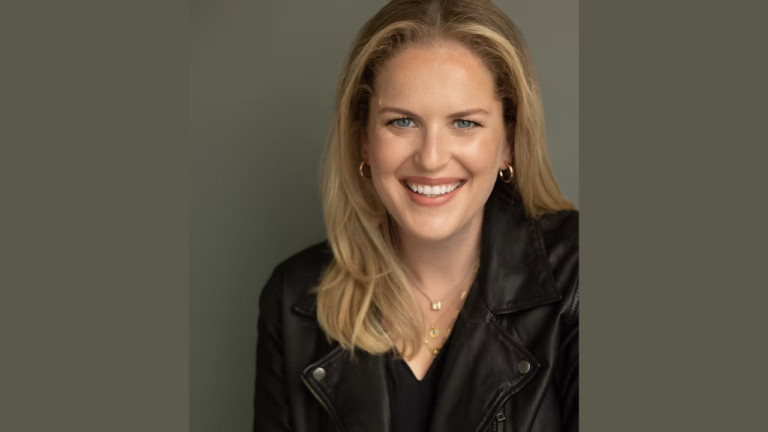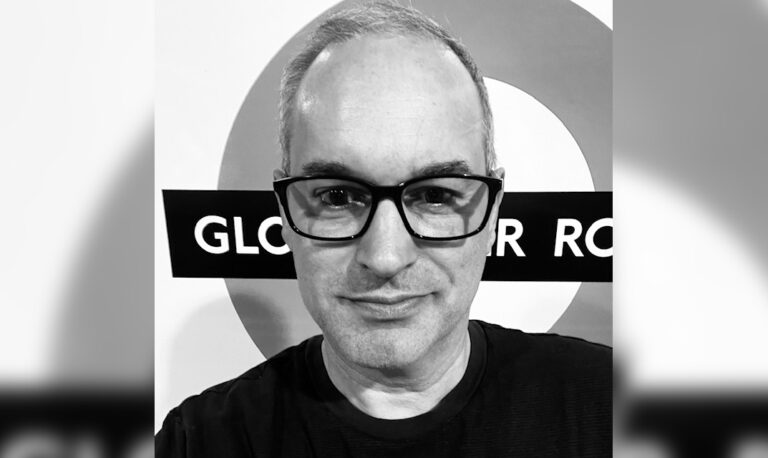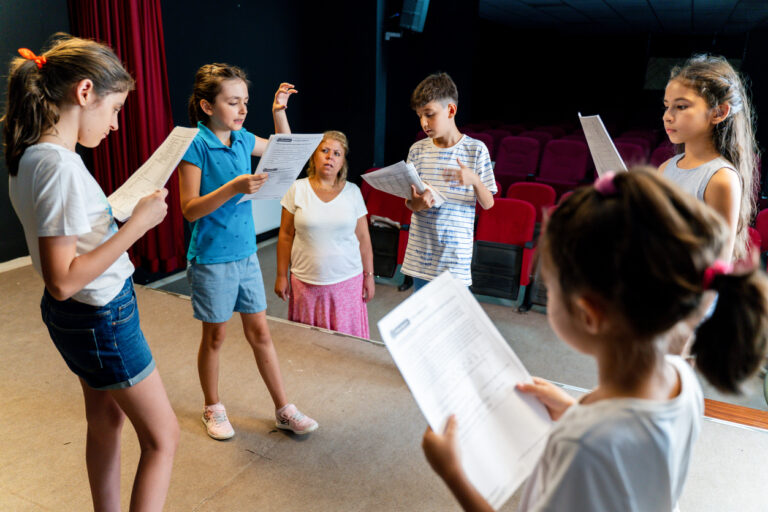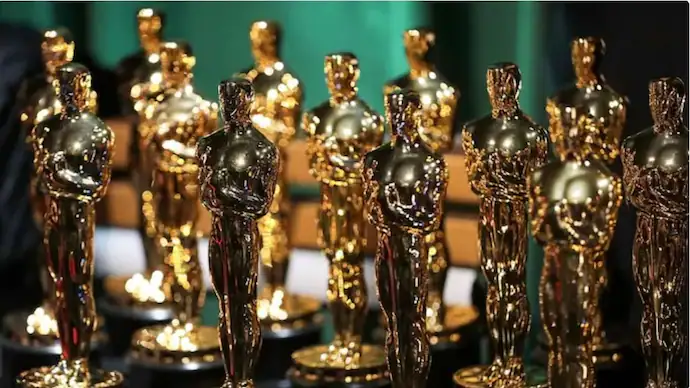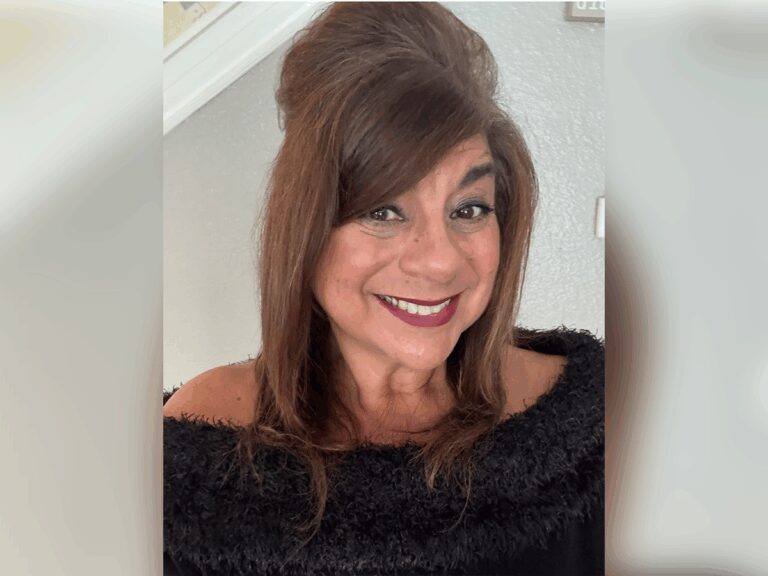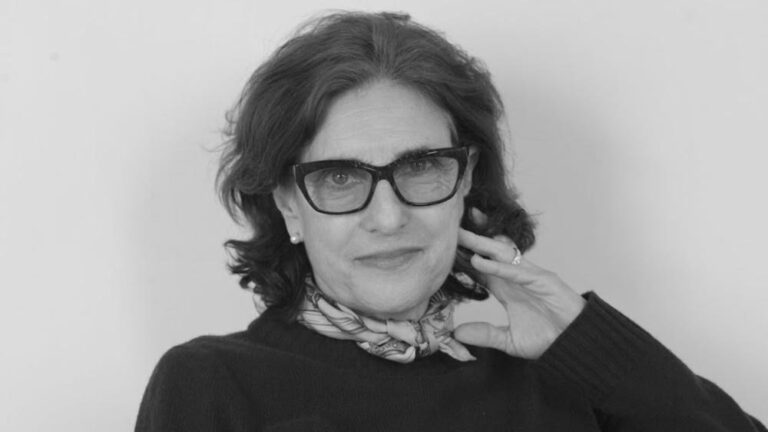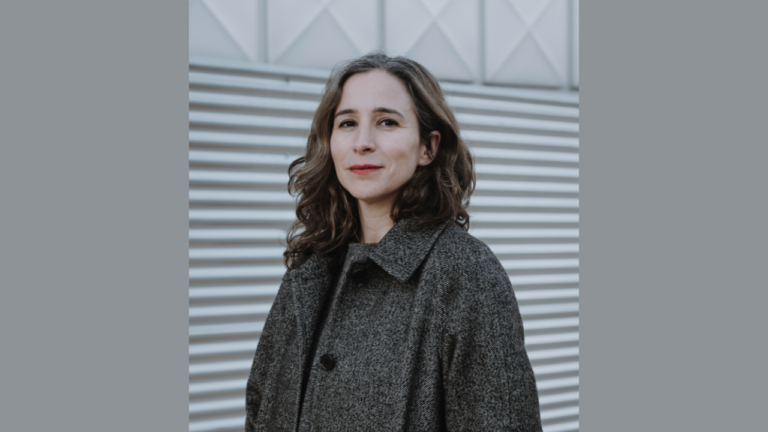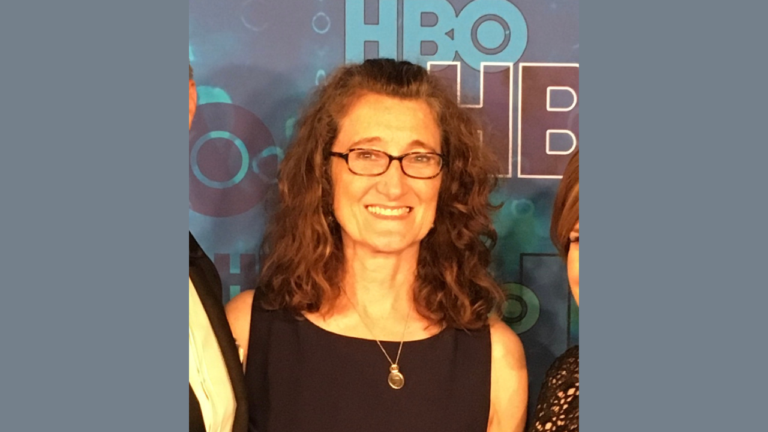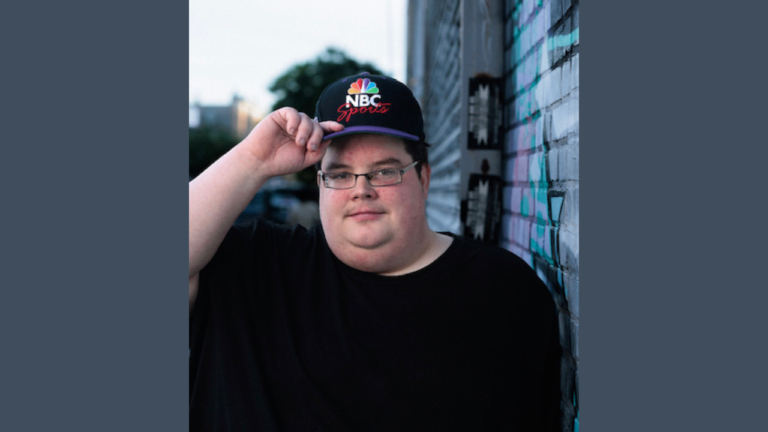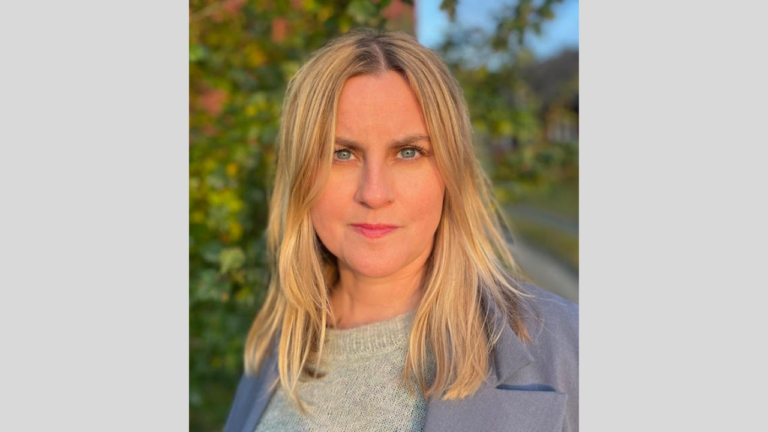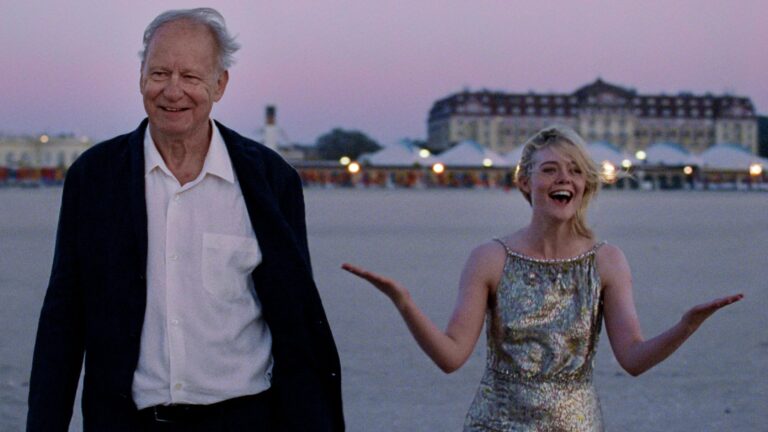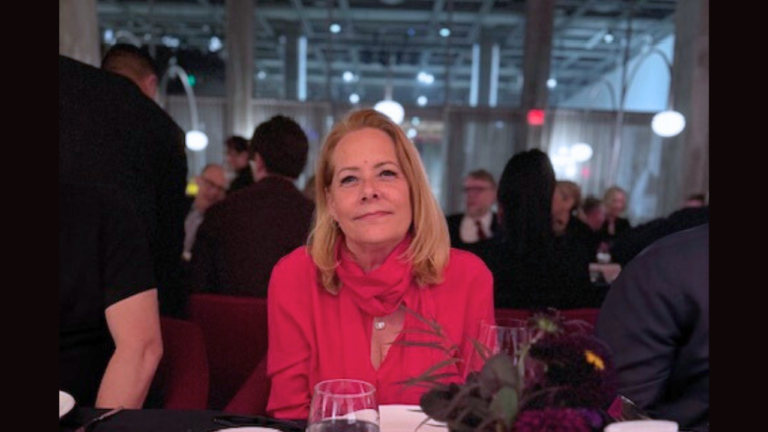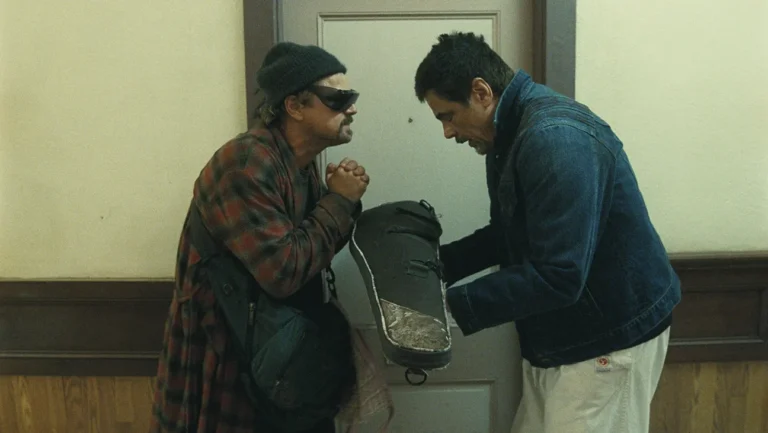Brandi England isn’t your average talent agent. Her mental health-first approach helps her understand the needs of both clients and colleagues, sharpening her representation skills in the process. After putting All Heart Talent on pause for several years to work at a larger agency, England recently reopened her business to get back to her roots of running a boutique shop where mental health holds priority.
She took time out of her busy schedule to share her passion for mental health, plus her thoughts on industry challenges and the future of the entertainment industry.
Insights: Lessons From Brandi England
- Take breaks from acting and auditioning when overwhelmed, and seek agents and agencies that value your well-being and offer a safe, supportive environment.
- Learn to efficiently film, edit and upload self tapes according to each platform’s requirements to avoid technical delays and stand out to agents and casting.
- Stay updated on industry shifts (like AI and social media), build your personal brand and proactively create and upload your own projects to increase opportunities and visibility.
Tell me a little bit about All Heart Talent.
It’s a labor of love, and All Heart came from heart and necessity. It actually started just over 10 years ago as a way to help a handful of my friends that were actors and models in Vancouver. It was part time at the start, then I was blessed to be GM of a large agency for seven years, before returning to All Heart to focus on advocacy.
We [recently] reopened All Heart to focus on taking care of actors’ mental health, advocating for people of different ethnicities and people with disabilities, and hopefully opening some doors and being a voice for those who might not have one in the industry. We are inspired by incredible humans that we represent, and other agents like Katie and Tori from Kello Inclusive who are doing great work!
What inspired you to become a talent agent?
It was my friends. They twisted my arm over the years because I kept introducing them to people in the industry and they kept booking jobs, and were jokingly and affectionately calling me their agent or their manager. They had an intervention and sat me down and said, “No, no, no, you need to do this full-time.”
One of my friends is on the spectrum, and was told by previous agents that the only auditions they could do were for autistic actors and characters, but RED FLAG, that is wildly incorrect.” That kind of lack of education on the agent’s part is what made me want to fight for people who didn’t have a voice.
I was never an actor or even wanted to be in the film industry, to be honest. My passion is mental health, but I just saw a need for an agent who cared about, and could advocate for people’s mental health. That’s kind of how this all snowballed.
Thinking about joining Casting Networks? Sign up for a free trial today!
Did you have any mentors? If so, who were they? What advice did they give you that you still follow through with today?
So many. You can’t navigate this industry without learning from everybody because it’s an industry of humans. I think there’s a lot of casting directors that I got to sit down with and have a glass, if not a bottle of wine with, that just told me why they were casting to talk about their kids’ mental health and how they support actors.
Before I met people in the film industry, my mentors [were from] from my nonprofit work. Entrepreneurs like Claudia Harvey, Bill Walsh, Christie Miller, Noreen Hennessey, Marcella Berry, William Miller, Les Brown, Mark Victor Hansen, Sandy Dow and more. These people all opened my heart and mind to business at a very human level. They are my heroes, they made me the woman I am today.
It was not always about the resume. It was about the heart of the person and the connections. They’ve taught me that people are more important than everything else. All the other stuff falls in place when you take care of people.
How has the commercial industry changed since you started, and how do you end up staying ahead in today’s landscape?
I’ve always been an outside-of-the-box thinker. Before verticals blew up in the last year in North America, we partnered with a Chinese production company six years ago, right before COVID. I saw a project that they had posted on a random website, and I just thought, “What a cool-looking project, and it’s right down the road. Is there any way we can contribute?”
Sure enough, they booked 300 background performers from our agency — 11 actors with speaking roles and two stunt actors, and as agents we got to go to set and watch it all happen. They were a smaller production company [at the time], and now they’re producing half the content on DramaBox, and they’re becoming very successful.
It’s about looking to see what else is out there besides what’s on the casting platforms like Casting Networks, and dipping our feet in everywhere. I’m currently taking AI classes so that I can better help my actors navigate this industry with AI. There’s new software popping up all the time, so we’re having to vet more than ever just to figure out if it’s the right path to follow.
It’s about innovating by thinking outside of the box and learning from people that are in different arenas than you are. I think it’s always about learning what’s next, and getting educated on that before it runs away into the future with you left behind.
What are some of the challenges that talent faces today that weren’t an issue in the past?
Self tapes. That’s a massive shift.
The positives of self tapes: I watch every single self tape that my clients [send me], whether it’s an audio, video or commercial. No matter what it is, I watch it. I feel like I know my actors better now — how they interpret sides and things like that — especially my clients that do two takes for me, like a bold and exciting take, and then a more grounded, leveled take.
I love that because I can see where they’re castable, and it makes me a better agent. I can pitch them better because I know what their strengths are, [whereas in the past] they would go into the room, and the only context I had was from demo footage and things that they’ve done before. I think that was a huge change for people.
Half of my clients love self tapes, and half hate it. Until you get a strong self tape game, I think it can be detrimental to great actors. I have some phenomenal actors that cannot self tape. It’s something that they’re struggling with. I think that’s hurdle number one.
The good thing is that I think casting is seeing more people now. They have the time to do that because they’re not in the room waiting for people to come in and out. [But without the] small chats in between, there is a lack of human connection.
It’s not like actors get a chance to be in the room and show their personalities to casting, so I always tell my clients [to do that] in their slate if they want to have a little bit of fun with it. Even if it’s just the way they say their name and show their hands, for example, it gives casting a little nod to who they are as humans, not just the actor and the tape.
What about challenges for talent agents?
It’s the technical side. People don’t know how to edit, label or upload tapes to the software. There are days when I spend an extra two hours just re-editing, re-labeling and re-uploading because of technical issues, which means that’s two hours more that I have to work, or two hours less that I [have to] submit and pitch my clients.
It’s really important for actors to know all that stuff, and to figure it out whether they like it or not. I don’t think it should be on the agent to edit and label and compress. You want us pitching. You don’t want us to be your tech guy.
I think that one of the biggest frustrations is having to do that kind of stuff right now, [along with] having to meet the different casting software’s requirements. Each one is different, so you have to know that. Sometimes it’s harder for the actors to memorize that because they’re not on it every day like we are.
You talk about mental health a lot, and I think that is also a challenge on both sides with social media and everything else going on in the world. What can agents and clients do to protect people’s mental health in the industry?
I just did a workshop on mental health on May 1 about ways that actors can talk to their manager or agent. If you’re struggling with something, you don’t have to tell your agent or manager — that’s up to you if you want to — and there are good ways to approach that sometimes, especially if you don’t know the person [well].
There are ways to transition into opening up that dialogue. At All Heart, we want to be a safe space for actors. That’s my number-one goal. Recently, we just added our number-two goal, which is to be a safe space for agents, because I know how hard I work for my clients. I work six days a week. Most days [I work] 14, 16, sometimes 18 hours.
We want to be a safe space for actors and agents. I want to be available for them. I want to be able to talk to them consistently, so I do a lot of free workshops.
I also ask them not to call me or text me at two or four o’clock in the morning. That’s what email is for. I want to be fresh, so come Monday, I’m excited to submit again.
If actors are overwhelmed and it feels like too much, I think the best thing for actors to do is to pause acting and pause auditioning. It’s so much smarter to take a three-month, six-month, nine-month break, and get back to a space where they’re able to give their full artistic energy and showcase that to casting when they get the opportunity.
How do you balance the needs of multiple clients, and how do you approach career growth for them?
Every client is different. It’s like building steps on a ladder. Some people have three steps on their ladder, some have 20. Some need to go slow, some need to go fast.
We have barbecues every year, and we do workshops in person and online. If I don’t know the human being behind the actor, and all I see is a demo reel and a headshot, how on earth can I do a good job pitching that person, standing up for that person or opening doors for that person?
My clients tell me they’ve met me more in person in one year, than they’ve met their previous agent in five. I don’t know how any agent [could] operate like that. It’s really important to know your people, and if your agent doesn’t take the time to know you as a person, not just an actor, that’s a red flag to me.
What qualities do you look for in a client, and how do you build trust and rapport with them?
This is a loaded question, because there’s a spark in each person and [each client is] different. Some of my clients laugh at me when I say, “Show me your sparkle.” My big, buff dudes are like, “I don’t sparkle.” Yes, you do. Even Edward Cullen sparkled — you sparkle!
Overall, I look for kindness. I look for curiosity. I look for a sense of wonder.
[I look for] people who do volunteer work and make themselves better humans by helping people. I want that kind of energy around me. I feel like those people make better actors because they’re layered … like an onion.
Curiosity and kindness [is important], but [so is] understanding that this is a business. I think that’s what a lot of actors don’t have. They’re heart-centered, beautiful, creative types who want to tell a story, but what they need is someone like me who has a business background, who can be like, “Okay, let’s think like a CEO, not an employee.” I want them to be the beautiful artists who do their stuff, and let me help them be the nerd behind the scenes who makes it [all] work.
With technology and AI streaming evolving at such a rapid pace, how do you see the role of talent agents evolving in the next few years?
This may sound pessimistic, but I’m not intending for it to be. I think we might be obsolete in five to 10 years. At least the general agent will.
I don’t know where the industry is going. It’s a little bit scary for all of us, and that’s why I think focusing on humanity is so much more important than all the other stuff right now.
We have to translate between humans, algorithms and all of these different things right now as agents. [We need to be at] the forefront of figuring all this stuff out and looking for different avenues for our clients to get work, [while] also taking care of who they are as human beings. We need to build brands for these people, even though a lot of actors hate talking about branding. You have to have a memorable face.
I just read there are 1.8 million actors registered in California alone, [with only] 20% of the productions that used to be out pre-COVID. We’ve lost DVD rentals, and we’ve lost butts in seats at theaters.
It’s wild. The industry has changed so much. There’s more competition now than ever, and way less production now than ever. I think we have to evolve a lot in the next five to 10 years as agents, especially if actors — and I suggest this for every actor — start creating their own content and publishing it on YouTube. They don’t need an agent, unless that agent knows about ad revenue [and how to] help them market their production on YouTube.
I think people need to start creating their own content, making money off their content and cutting out some of the middlemen. If an agent can’t help them with that, then what are we here for?
The big guys (the UTAs and the CAAs that have all of the big celebrities), and all of us little boutique agencies [need to] evolve with the industry and our clients. We might not even have a job in five to 10 years, but that’s why it’s so important to get to know your people and be at the forefront of all this technology and AI stuff. Just my two cents.
What are your current goals for yourself and the clients you represent?
To be a safe space. Obviously, to get work and auditions, but to [also] be a safe space. If my colleagues or my clients can’t come to me and say, “Brandi, I need six months off, I’m struggling right now,” then I haven’t done my job protecting them and giving them that safe space.
I also want the same thing for me though, because for a long time — working with a bigger agency — that was never a priority. I realized how burnt out I became, and how I wasn’t the best version of myself for people who needed me.
It really is about being a safe space for all of us in the industry. Ever since we reopened All Heart, casting directors have reached out with huge words of encouragement to support us for advocating for people with disabilities and for more diversity in the industry. I’ve cried happy tears every day for the last three months.
I’m just so overjoyed that everybody knows this movement needs to happen, and that we get to be a part of it. When casting reaches out to me and asks, “I want to cast your young lady in a wheelchair, what questions do I ask to make sure that she feels safe on set?” That kind of stuff is cool.
To check out what Brandi and the team are up to, or to share and discover more insights on mental health, visit All Heart Talent’s Instagram page.
You may also like:
